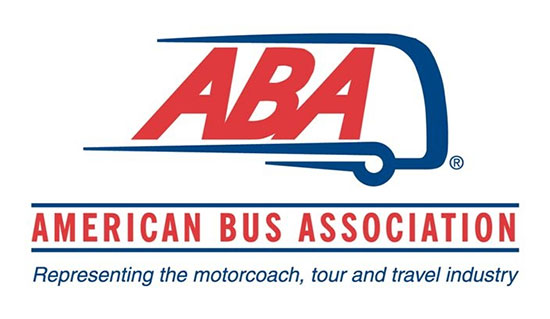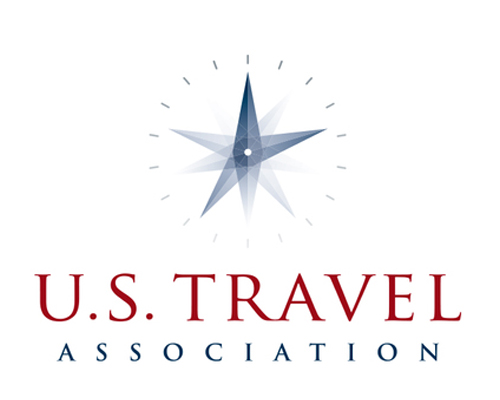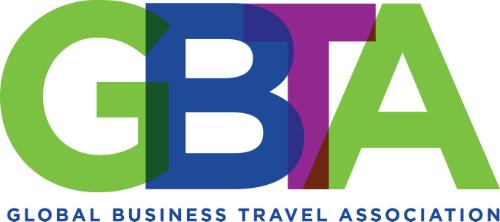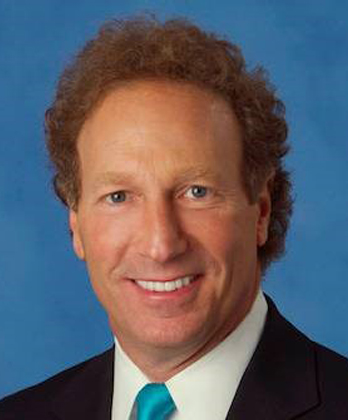We may have had to wait a few days for the votes to be counted—and endure a brutally long election season—but former Vice President Joe Biden was called as the projected winner to be the 46th President of the United States this past weekend (results will officially be certified by the states then by electoral college members in the coming weeks).

While some races do remain up in the air—namely Georgia’s two Senate seats—industry associations are gearing up to work with a Biden administration and what looks to be a Republican Senate and a Democratic House as COVID relief for the battered travel and tourism industry hangs in the balance.

The 116th Congress ends on January 3, 2021, at which time any pending bills—including the CERTS Act in both chambers, a bill specifically for aid to motorcoach and passenger vessel companies—expires. American Bus Association (ABA) and United Motorcoach Association (UMA) leadership, members, and supporters have written tens of thousands of emails, letters, and phone calls to help make the CERTS Act among the most popular industry-specific relief bills, capturing a vast majority of sponsors in the House and Senate. They are keeping the pressure on through the lame duck session.

In the broader travel world, both the Global Business Travel Association (GBTA) and the U.S. Travel Association congratulated President-elect Biden and Vice President-elect Kamala Harris after the announcement and for the historic moment.

From U.S. Travel Association President and CEO Roger Dow:
“We applaud President-elect Biden’s objective of helping the industries most heavily impacted by the pandemic. The travel industry accounts for more than a third of overall U.S. unemployment, and policies to promote relief, recovery, and stimulus for travel businesses are integral to a U.S. economic turnaround. … We share the emphasis on combatting the spread of COVID-19 expressed by the president-elect while building economic growth. The right combination of technologies and behaviors already exists to allow the restart of travel without compromising health and safety, and making rapid and reliable testing more widely available will be a key element of an even broader economic reopening. … We stand ready to work closely with the Biden administration and both chambers of Congress to achieve policy goals that revive our economy and bring our country together—a hallmark of the travel industry.”
 U.S. Travel Association President Roger Dow
U.S. Travel Association President Roger Dow
GBTA Interim Executive Director Dave Hilfman expressed similar sentiments:
“No matter your political beliefs and your vote in what was a fiercely contested election, I hope that as members of GBTA we can agree to work together with the new administration and Congress to repair the business travel industry. Given our industry’s important role as a foundation of the global economy, we need our political leadership on both sides of the aisle to help us find the safest, most timely, and most direct path to recovery from the havoc wreaked by the COVID-19 pandemic.
“The World and Travel Tourism Council estimates that the travel sector has already suffered [severe] job losses while international gross domestic product has fallen by as much as $5.5 trillion. These losses would have been far less but for the initial round of CARES Act funding passed by Congress and President Trump. For months now, GBTA has been calling on leaders in Washington to enact a second round of economic relief for our industry. … Put simply, economic relief is a must for our industry to survive, as are international talks and agreement on fast, accurate COVID testing and uniform open border restrictions that remove the need for quarantining upon arrival.”
 GBTA Interim Executive Director Dave Hilfman
GBTA Interim Executive Director Dave Hilfman
Ballot measures that passed throughout the country
California: Proposition 22, one of the most costly ballot measures in the state’s history thanks to the expensive campaign waged by TNCs, was approved by voters. This allows app-based drivers to remain independent contractors rather than be classified as employees, which effectively carves out a workaround for TNCs to the hard-fought AB5.
Colorado: Voters approved Proposition 118, which allows for 12 weeks of paid family and medical leave funded through a payroll tax paid by employers and employees in a 50/50 split. An additional four weeks of leave would be allowed for pregnancy or childbirth complications.
Florida: Florida Amendment 2 passed, which would raise the minimum wage to $10 by 9/30/21, with an annual increase of $1 until it reaches $15 by 2026. After 2026, increases will be tied to inflation.
Nevada: Is the Silver State going green? Voters approved a measure that would require electric utilities to acquire 50 percent of their electricity from renewable resources by 2030.
Marijuana usage by adults 21+ passed in Arizona, Montana, New Jersey, and South Dakota; medical marijuana usage passed in Mississippi and South Dakota. Oregon allows Psilocybin-containing products (e.g., magic mushrooms) to be produced and distributed by licensed service providers.
[11.10.20]

